

 The main costs associated with running APECS comes in supporting our International Directorate Office with the Executive Director and Administrative Assistant, funded since February 2022 by the generous support of the The University of Tromsø – The Arctic University of Norway (UiT), the Norwegian Polar Institute and the Fram Centre. The office is housed at UiT in Tromsø, Norway.
The main costs associated with running APECS comes in supporting our International Directorate Office with the Executive Director and Administrative Assistant, funded since February 2022 by the generous support of the The University of Tromsø – The Arctic University of Norway (UiT), the Norwegian Polar Institute and the Fram Centre. The office is housed at UiT in Tromsø, Norway.
An additional APECS International Project Office is located at the Alfred Wegener Institute, Helmholtz Center for Polar and Marine Research in Germany. Here, the APECS staff is funded by the activities within the EU Horizon 2020-funded project Arctic PASSION.
Before the APECS International Directorate moved to it´s current location in Tromsø, the Directorate was placed and funded by the Alfred Wegener Institute, Helmholtz Center for Polar and Marine Research in Potsdam, Germany from February 2017 until January 2022. Already from 2009 until January 2017, the APECS International Directorate was located in Tromsø, Norway and funded by the Research Council of Norway, UiT – The Arctic University of Norway and the Norwegian Polar Institute. From July 2016 to February 2017, the Murmansk Arctic State University funded an additional part-time APECS Officer for the APECS International Directorate located in Murmansk, Russia.
The APECS International Directorate Office is the essential coordinator without which the organization and running of the various APECS activities and programmes would hardly be possible. APECS is very grateful for the support provided by its current and past Directorate sponsors!
Below is some information to help you learn more about these great organizations and the opportunities they have for early career researchers.
-
The University of Tromsø – The Arctic University of Norway
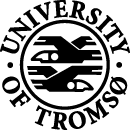 APECS International Directorate Host and Sponsor February 2022 until January 2027
APECS International Directorate Host and Sponsor February 2022 until January 2027
UiT The Arctic University of Norway is the northernmost university of the world. Its location on the edge of the Arctic implies a mission. The Arctic is of increasing global importance. Climate change, the exploitation of Arctic resources and environmental threats are topics of great public concern, and which the University of Tromsø takes special interest in. At UiT The Arctic University of Norway one can explore global issues from a close-up perspective. For more information please visit: https://en.uit.no/startsida.
-
Norwegian Polar Institute
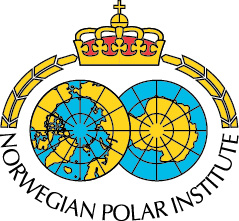 APECS International Directorate Host and Sponsor February 2022 until January 2027
APECS International Directorate Host and Sponsor February 2022 until January 2027
The Norwegian Polar Institute runs management-oriented scientific research, mapping and monitoring in the Arctic and Antarctica. Climate, environmental pollutants, biodiversity and geological mapping are important fields of work for the institute. Additionally, it acts as an advisory agency in respect of the environmental management and administration of the polar regions. For more information please visit: https://www.npolar.no/en/.
-
Fram Centre
 APECS International Directorate Host and Sponsor February 2022 until January 2027
APECS International Directorate Host and Sponsor February 2022 until January 2027
The High North Research Centre for Climate and the Environment (The Fram Centre) does interdisciplinary research and outreach in the fields of natural science, technology, and social sciences. It contributes to Norway’s sound management of the environment and natural resources in the north. With scientific research as our foundation, we communicate knowledge to management authorities, the business communities, and the general public. For more information please visit: https://framsenteret.no/english/.
-
Alfred Wegener Institute, Helmholtz Centre for Polar and Marine Research
 APECS International Project Office Host February 2022 until December 2025
APECS International Project Office Host February 2022 until December 2025
As the Helmholtz Centre for Polar and Marine Research, the Alfred Wegener Institute is primarily active in the cold and temperate regions of the world. Working together with numerous national and international partners, we are actively involved in unravelling the complex processes at work in the “Earth System”. Our planet is undergoing fundamental climate change; the polar regions and the oceans, which play central roles in the global climate system, are in flux. How will planet Earth evolve? Do the phenomena we’re observing represent short-term fluctuations or long-term trends? Polar and marine research has always been a fascinating scientific challenge; today it is also research into the future. For more information please visit: https://www.awi.de/en/.
-
EU Horizon 2020-funded project Arctic PASSION
 APECS International Directorate Sponsor July 2021 until December 2025
APECS International Directorate Sponsor July 2021 until December 2025
Arctic PASSION is an EU-funded Horizon 2020 project that aims to co-create and implement an Arctic observing system that is tuned to address the urgent needs of people living in the Arctic and that has relevance to the global society. To achieve this, the holistic approach of the project brings together researchers, stakeholders, local and indigenous communities, economy and governments. Learning from each other and integrating all knowledge will let us take the next step towards a sustainable development in the Arctic and globally. For more information please visit: https://arcticpassion.eu/.
-
Past APECS Directorate Sponsors

Alfred Wegener Institute, Helmholtz Centre for Polar and Marine Research
APECS International Directorate Host February 2017 until January 2022
As the Helmholtz Centre for Polar and Marine Research, the Alfred Wegener Institute is primarily active in the cold and temperate regions of the world. Working together with numerous national and international partners, we are actively involved in unravelling the complex processes at work in the “Earth System”. Our planet is undergoing fundamental climate change; the polar regions and the oceans, which play central roles in the global climate system, are in flux. How will planet Earth evolve? Do the phenomena we’re observing represent short-term fluctuations or long-term trends? Polar and marine research has always been a fascinating scientific challenge; today it is also research into the future. For more information please visit: https://www.awi.de/en/.
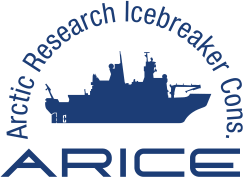
EU Horizon 2020-funded project ARICE
APECS International Directorate Sponsor January 2018 until December 2022
Currently, the lack of available research icebreakers from Europe and beyond that can operate yearlong in the ice covered Arctic Ocean, and a weakly coordinated polar research fleet impedes Europe’s capacity to investigate the changing Arctic. There is thus an urgent need for providing polar scientists with better research icebreaker capacities for the Arctic, to address the knowledge gaps and to develop policy recommendations for a sustainable usage of the Arctic Ocean and its resources. This need has now been taken up by the EU funded Arctic Research Icebreaker Consortium (ARICE). For more information please visit: https://arice-h2020.eu>http://www.eu-interact.org/.

EU Horizon 2020-funded project INTERACT
APECS International Directorate Sponsor October 2017 until December 2021
INTERACT is an EU HORIZON 2020 EU infrastructure project under the auspices of SCANNET, a circumarctic network of currently 77 terrestrial field bases in northern Europe, Russia, US, Canada, Greenland, Iceland, the Faroe Islands and Scotland as well as stations in northern alpine areas. INTERACT specifically seeks to build capacity for research and monitoring in the European Arctic and beyond, and is offering access to numerous research stations through the Transnational Access program. For more information visit the INTERACT website http://www.eu-interact.org/.
 EU Horizon 2020-funded project APPLICATE
EU Horizon 2020-funded project APPLICATE
APECS International Directorate Sponsor October 2017 until December 2020
APPLICATE was an EU HORIZON 2020 Research and Innovation Programme-financed project involving 16 partners from nine countries (Belgium, France, Germany, Iceland, Norway, Russia, Spain, Sweden and the United Kingdom). The multinational and multidisciplinary consortium worked to enhance weather and climate prediction capabilities not only in the Arctic, but also in Europe, Asia, and North America, To develop adequate tools to predict when and how severe weather systems will affect Europe, Asia and North America is vital to inhabitants of these regions. For more information on APPLICATE visit http://applicate.eu/.
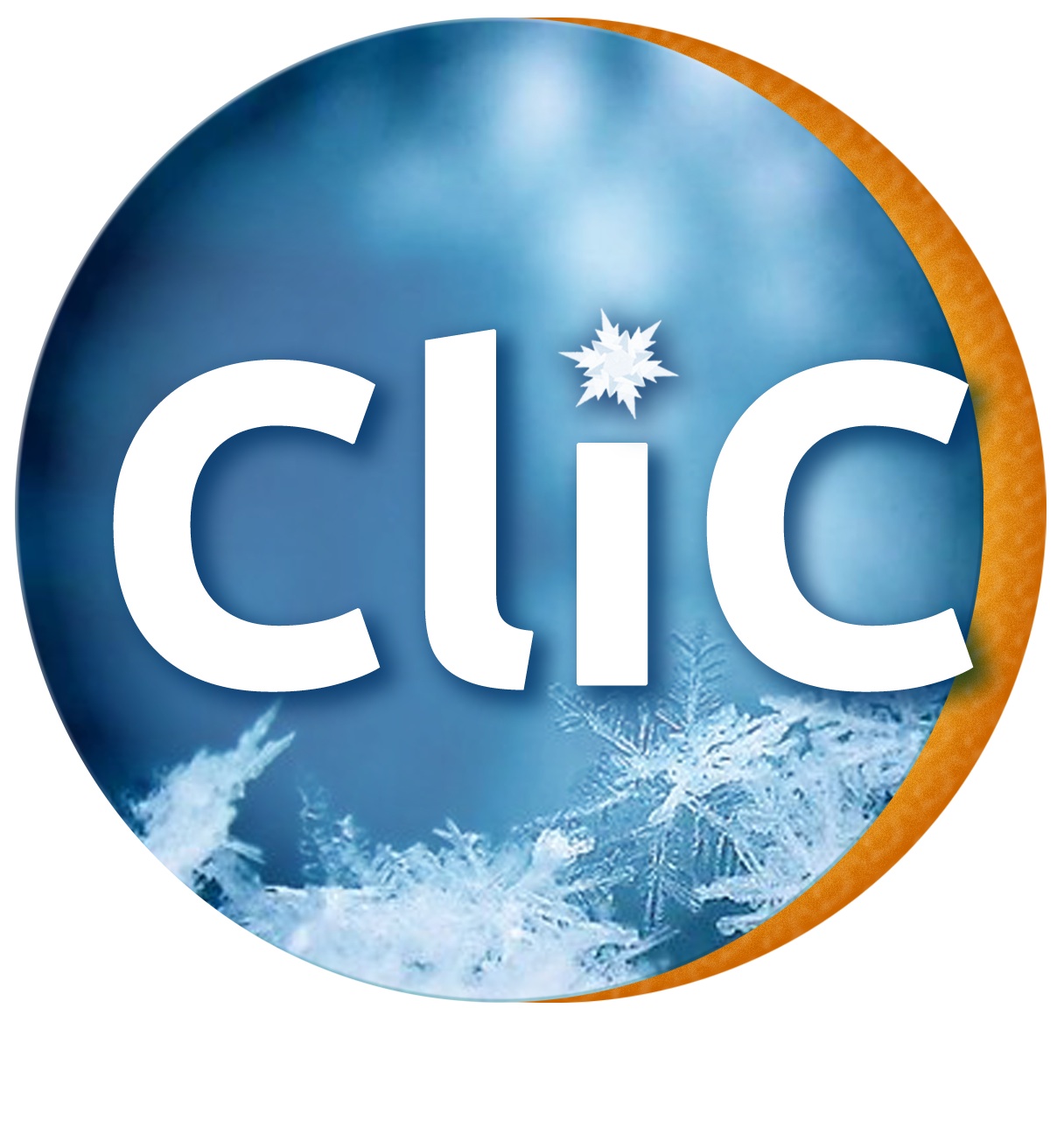 Climate and Cryosphere (CliC) Project
Climate and Cryosphere (CliC) Project
APECS International Directorate Sponsor 2012 until September 2019
The "Climate and Cryosphere" (CliC) project, encourages and promotes research into the cryosphere and its interactions as part of the global climate system. It seeks to focus attention on the most important issues, encourage communication between researchers with common interests in cryospheric and climate science, promote international co-operation, and highlight the importance of this field of science to policy makers, funding agencies, and the general public. CliC also publishes significant findings regarding the role of the cryosphere in climate, and recommends directions for future study. CliC was established as a core project of the World Climate Research Programme and is co-sponsored by the Scientific Committee on Antarctic Research (SCAR) and the International Arctic Science Committee.
For more information, please visit the CliC website. Research Council of Norway
Research Council of Norway
APECS International Directorate Sponsor 2009 until January 2017
The Research Council is Norway's official body for the development and implementation of national research strategy. The Council is responsible for enhancing Norway's knowledge base and for promoting basic and applied research and innovation in order to help meet research needs within society. The Research Council also works actively to encourage international research cooperation. Underlying all the Research Council's activities is the viewpoint that research expands the boundaries of what we know, understand and can achieve. Research adds cultural resonance to society and creates a viable framework for welfare, value creation and sustainable development. Through its efforts as an advisory body on research strategy issues, a research funding agency and initiator of meeting places and networks, the Research Council seeks to meet and constantly refine the objectives for Norwegian research policy.
Fore more information please visit the Research Council of Norway website.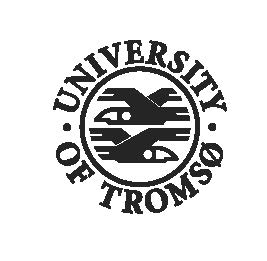 UiT The Arctic University of Norway
UiT The Arctic University of NorwayAPECS International Directorate Host and Sponsor 2009 until January 2017
UiT The Arctic University of Norway is the northernmost university of the world. Research and studies offered at our university focus on Arctic and northern issues: marine science, biomedicine, telemedicine, physics, linguistics, multiculturalism, and research related to the Saami and indigenous people. Our university shall contribute to the national Norwegian diversity of basic scientific research and for some research areas we shall be among the best international actors.
Fore more information please visit the website of the University of Tromsø. Norwegian Polar Institute
Norwegian Polar InstituteAPECS International Directorate Sponsor 2009 until January 2017
The Norwegian Polar Institute is Norway's central institution for research, environmental monitoring and mapping of the polar regions. The Institute is the Norwegian authorities' consultant and supplier of knowledge, and contributes to the best possible administration of Norwegian polar areas. Through active participation in national and international bodies, the Polar Institute is central when it comes to protecting national interests in matters of research and the environment. Approximately 110 persons are employed at the Institute in Tromsø, Svalbard and Dronning Maud Land.
For more information please visit the Norwegian Polar Institute website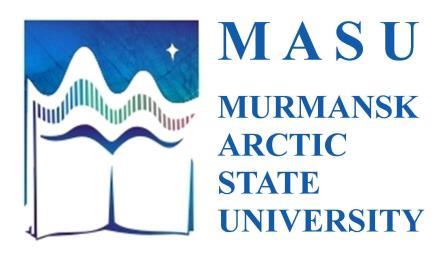 Murmansk Arctic State University
Murmansk Arctic State UniversitySupport of one part-time APECS Officer for the APECS International Directorate July 2016 until February 2017
Murmansk Arctic State University (MASU) is the northernmost university in Russia, the leading educational and scientific centre of the Russian North. MASU was founded in 1939 as a two-year part-time teacher institute. In 1956 it was reorganized into a classical higher educational institution - Murmansk State Pedagogical Institute, in 2003 - into Murmansk State Pedagogical University, in 2010 - into Murmansk State Humanities University and in 2015 - into Murmansk Arctic State University. Over the period of its existence the University has trained thousands of teaching staff for the Kola North.
Training is conducted within the following areas: Physics and Mathematics; Natural Sciences; Humanitarian Sciences; Social Sciences; Education and Pedagogy; Culture and Arts; Economics and Management. MASU has 3 Faculties and 2 Institutes. The University offers Bachelor, Master and PhD Degree programs.
MASU is one of the leading centers of research in the Murmansk region. For more information visit the MASU website.

 Antarctic Science Ltd is a charitable company, registered in the UK (Charity Number 1090581), whose role is to promote Antarctic science nationally and internationally. It owns the journal Antarctic Science which is published for the company by Cambridge University Press. All except the last three annual volumes are available free on the CUP web site. More information:
Antarctic Science Ltd is a charitable company, registered in the UK (Charity Number 1090581), whose role is to promote Antarctic science nationally and internationally. It owns the journal Antarctic Science which is published for the company by Cambridge University Press. All except the last three annual volumes are available free on the CUP web site. More information:  The International Arctic Science Committee (IASC) encourages, facilitates and promotes leading-edge multi-disciplinary research to foster a greater scientific understanding of the arctic region and its role in the Earth system. New and next generations of researchers will be faced with increasingly critical challenges due to the impacts of climate change on these regions and their global significance. IASC believes it is of great importance to foster these young researchers and promotes and involves early career scientists working in the Arctic by:
The International Arctic Science Committee (IASC) encourages, facilitates and promotes leading-edge multi-disciplinary research to foster a greater scientific understanding of the arctic region and its role in the Earth system. New and next generations of researchers will be faced with increasingly critical challenges due to the impacts of climate change on these regions and their global significance. IASC believes it is of great importance to foster these young researchers and promotes and involves early career scientists working in the Arctic by: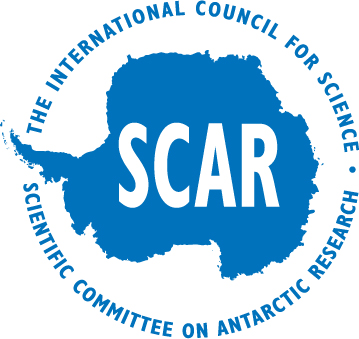 The Scientific Committee on Antarctic Research (SCAR) is a committee of the International Council for Science (ICSU), that is charged with the initiation, promotion and co-ordination of scientific research in Antarctica. SCAR also provides international, independent scientific advice to the Antarctic Treaty system. To meet the objective of developing scientific capacity in all SCAR Members, especially with respect to younger scientists, and promoting the incorporation of Antarctic science in education at all levels, SCAR will take the following strategic approach:
The Scientific Committee on Antarctic Research (SCAR) is a committee of the International Council for Science (ICSU), that is charged with the initiation, promotion and co-ordination of scientific research in Antarctica. SCAR also provides international, independent scientific advice to the Antarctic Treaty system. To meet the objective of developing scientific capacity in all SCAR Members, especially with respect to younger scientists, and promoting the incorporation of Antarctic science in education at all levels, SCAR will take the following strategic approach: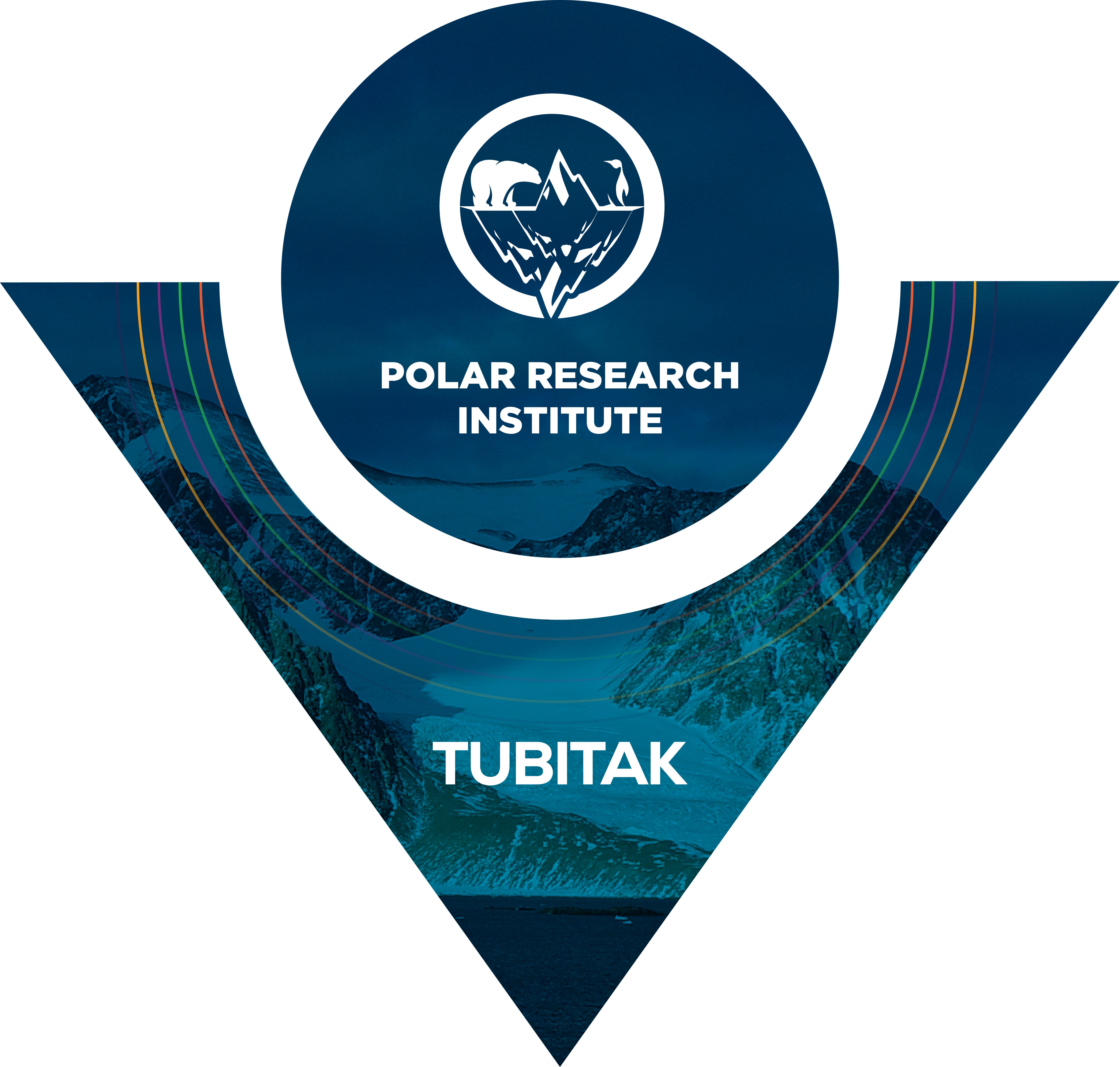
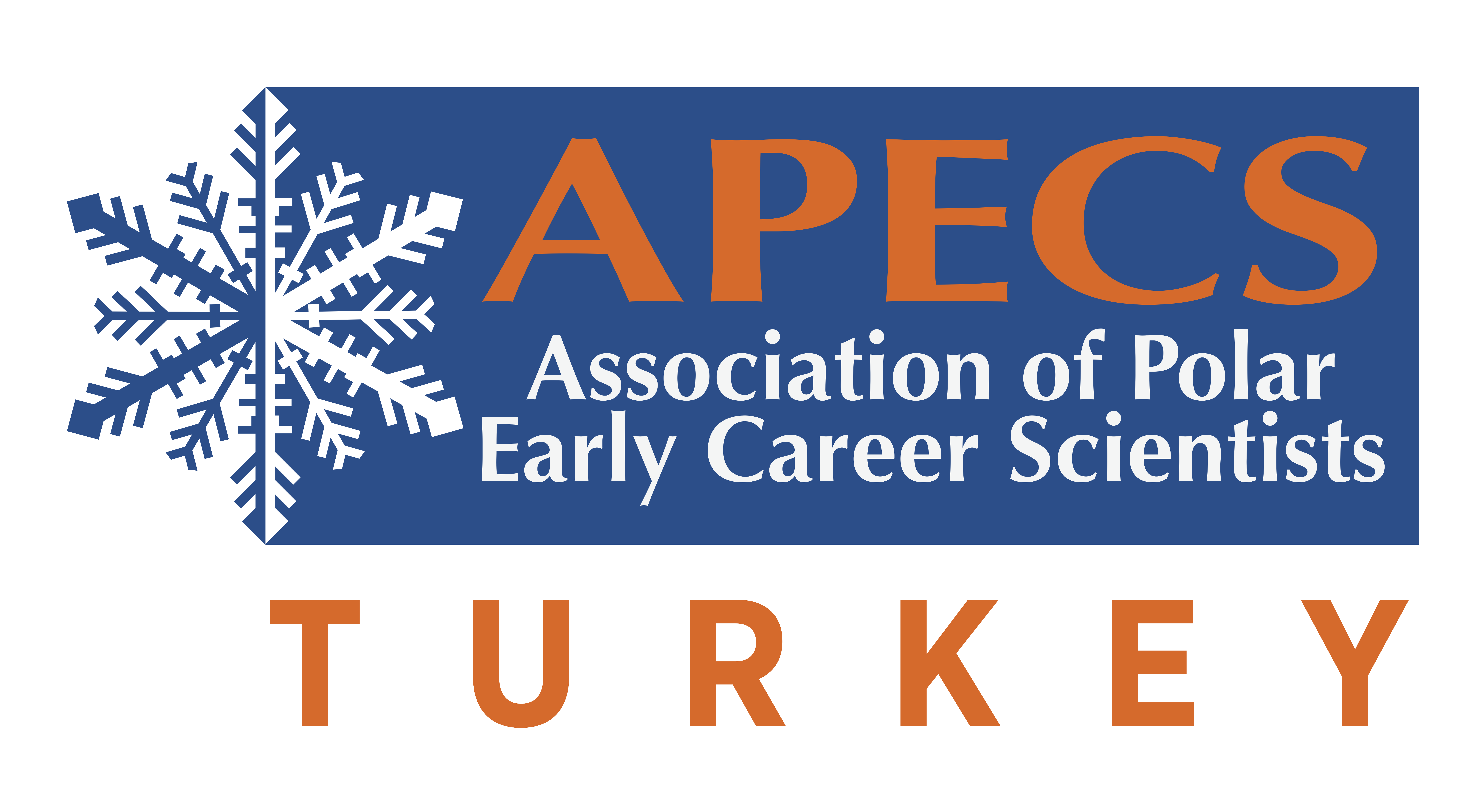 Under the auspices of the Presidency of the Republic of Turkey, supported and financed by the Ministry of Industry and Technology and under the coordination of the Polar Research Center of Istanbul Technical University (ITU PolReC); national scientific expeditions were conducted to the Antarctic in 2017, 2018, and 2019.
Under the auspices of the Presidency of the Republic of Turkey, supported and financed by the Ministry of Industry and Technology and under the coordination of the Polar Research Center of Istanbul Technical University (ITU PolReC); national scientific expeditions were conducted to the Antarctic in 2017, 2018, and 2019. 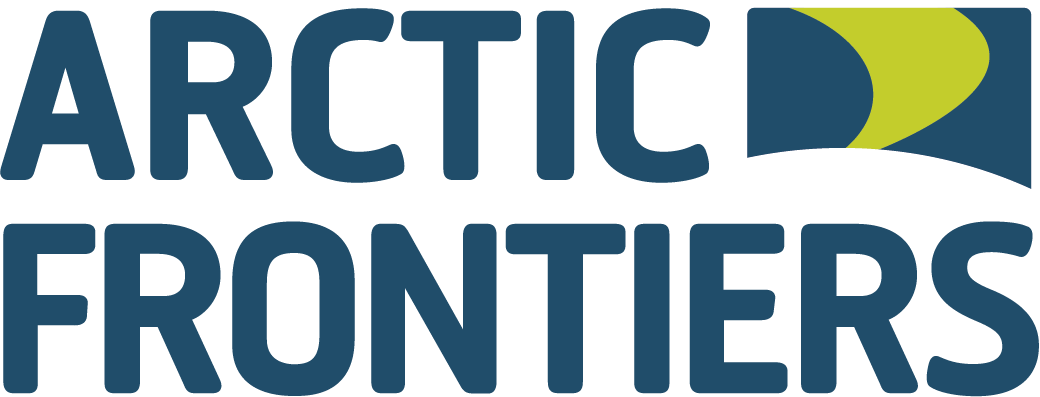 APECS and Arctic Frontiers have renewed their partnership agreement in 2017 for another 3 years.
APECS and Arctic Frontiers have renewed their partnership agreement in 2017 for another 3 years. The Arctic Research Consortium of the United States (ARCUS) was formed in 1988 to identify and bring together the distributed human and facilities resources of the Arctic research community—to create a synergy for the Arctic in which each resource, when combined with others, can result in a strength that enables the community to rise to the many challenges facing the Arctic. ARCUS members join in a common purpose of advancing knowledge of the Arctic through science, technology, indigenous knowledge, and other forms of knowing; promoting the application of this knowledge to circumpolar Arctic problems; and addressing in concert those questions that require the collaborative skills and resources of scientists, engineers, indigenous knowledge holders, and others throughout the world. ARCUS provides a mechanism for the Arctic community to complement the advisory roles of other national organizations that are concerned with the Arctic, such as the U.S. Arctic Research Commission (USARC), the Polar Research Board (PRB), and the Interagency Arctic Research Policy Committee (IARPC). ARCUS collaborates with international Arctic organizations, such as the International Arctic Science Committee (IASC), the Arctic Council and its scientific working groups, and the Association for Polar Early Career Scientists (APECS).
The Arctic Research Consortium of the United States (ARCUS) was formed in 1988 to identify and bring together the distributed human and facilities resources of the Arctic research community—to create a synergy for the Arctic in which each resource, when combined with others, can result in a strength that enables the community to rise to the many challenges facing the Arctic. ARCUS members join in a common purpose of advancing knowledge of the Arctic through science, technology, indigenous knowledge, and other forms of knowing; promoting the application of this knowledge to circumpolar Arctic problems; and addressing in concert those questions that require the collaborative skills and resources of scientists, engineers, indigenous knowledge holders, and others throughout the world. ARCUS provides a mechanism for the Arctic community to complement the advisory roles of other national organizations that are concerned with the Arctic, such as the U.S. Arctic Research Commission (USARC), the Polar Research Board (PRB), and the Interagency Arctic Research Policy Committee (IARPC). ARCUS collaborates with international Arctic organizations, such as the International Arctic Science Committee (IASC), the Arctic Council and its scientific working groups, and the Association for Polar Early Career Scientists (APECS). The European Polar Board (EPB) is an independent European Organization of Directors and Managers of the major European National Polar Programmes. It was established in 1995 by the European Science Foundation as a strategic advisory body on Polar Science. It is concerned with major strategic priorities in the Arctic and Antarctic and has members from national operators and research institutes in 18 countries.
The European Polar Board (EPB) is an independent European Organization of Directors and Managers of the major European National Polar Programmes. It was established in 1995 by the European Science Foundation as a strategic advisory body on Polar Science. It is concerned with major strategic priorities in the Arctic and Antarctic and has members from national operators and research institutes in 18 countries.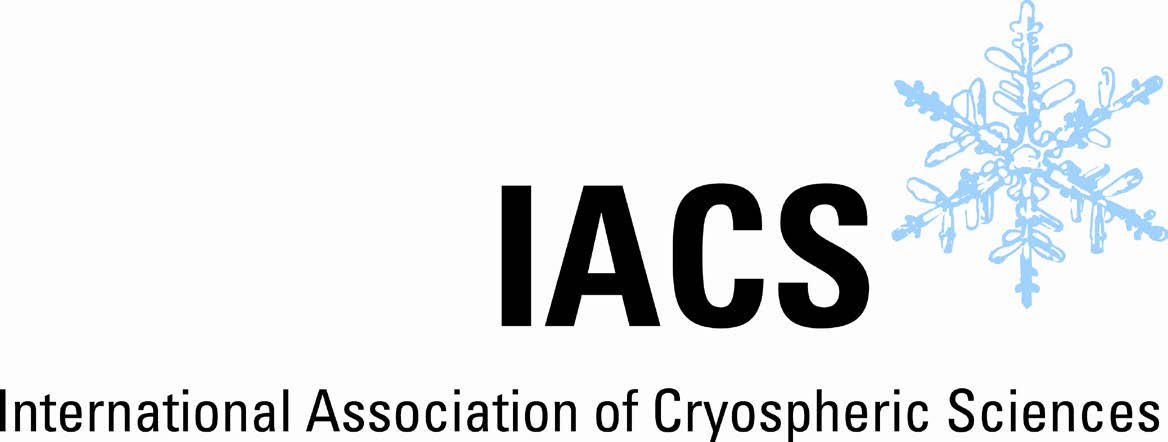 The objectives of the IACS are:
The objectives of the IACS are: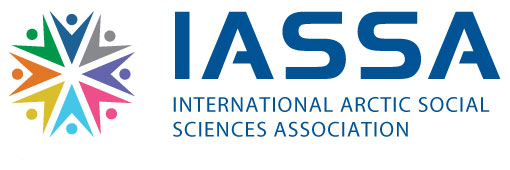 The International Arctic Social Sciences Association (IASSA) was founded in 1990 in Fairbanks, Alaska, at a meeting held in conjunction with the 7th Inuit Studies Conference.
The International Arctic Social Sciences Association (IASSA) was founded in 1990 in Fairbanks, Alaska, at a meeting held in conjunction with the 7th Inuit Studies Conference.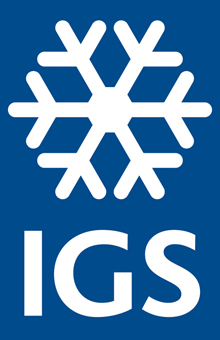 The International Glaciological Society was founded in 1936 to provide a focus for individuals interested in practical and scientific aspects of snow and ice.
The International Glaciological Society was founded in 1936 to provide a focus for individuals interested in practical and scientific aspects of snow and ice.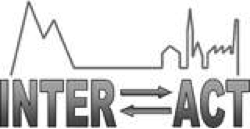 INTERACT is an infrastructure project under the auspices of SCANNET, a circumarctic network of currently 79 terrestrial field bases in northern Europe, Russia, US, Canada, Greenland, Iceland, the Faroe Islands and Scotland as well as stations in northern alpine areas. INTERACT specifically seeks to build capacity for research and monitoring in the European Arctic and beyond, and is offering access to numerous research stations through the Transnational Access program.
INTERACT is an infrastructure project under the auspices of SCANNET, a circumarctic network of currently 79 terrestrial field bases in northern Europe, Russia, US, Canada, Greenland, Iceland, the Faroe Islands and Scotland as well as stations in northern alpine areas. INTERACT specifically seeks to build capacity for research and monitoring in the European Arctic and beyond, and is offering access to numerous research stations through the Transnational Access program. The International Permafrost Association, founded in 1983, has as its objectives to foster the dissemination of knowledge concerning permafrost and to promote cooperation among persons and national or international organizations engaged in scientific investigation and engineering work on permafrost. Membership is through adhering national or multinational organizations or as individuals in countries where no Adhering Body exists. The IPA is governed by its officers and a Councilconsisting of representatives from 26 Adhering Bodies having interests in some aspect of theoretical, basic and applied frozen ground research, including permafrost, seasonal frost, artificial freezing and periglacial phenomena.Committees, Working Groups, and Task Forces organize and coordinate research activities and special projects.
The International Permafrost Association, founded in 1983, has as its objectives to foster the dissemination of knowledge concerning permafrost and to promote cooperation among persons and national or international organizations engaged in scientific investigation and engineering work on permafrost. Membership is through adhering national or multinational organizations or as individuals in countries where no Adhering Body exists. The IPA is governed by its officers and a Councilconsisting of representatives from 26 Adhering Bodies having interests in some aspect of theoretical, basic and applied frozen ground research, including permafrost, seasonal frost, artificial freezing and periglacial phenomena.Committees, Working Groups, and Task Forces organize and coordinate research activities and special projects.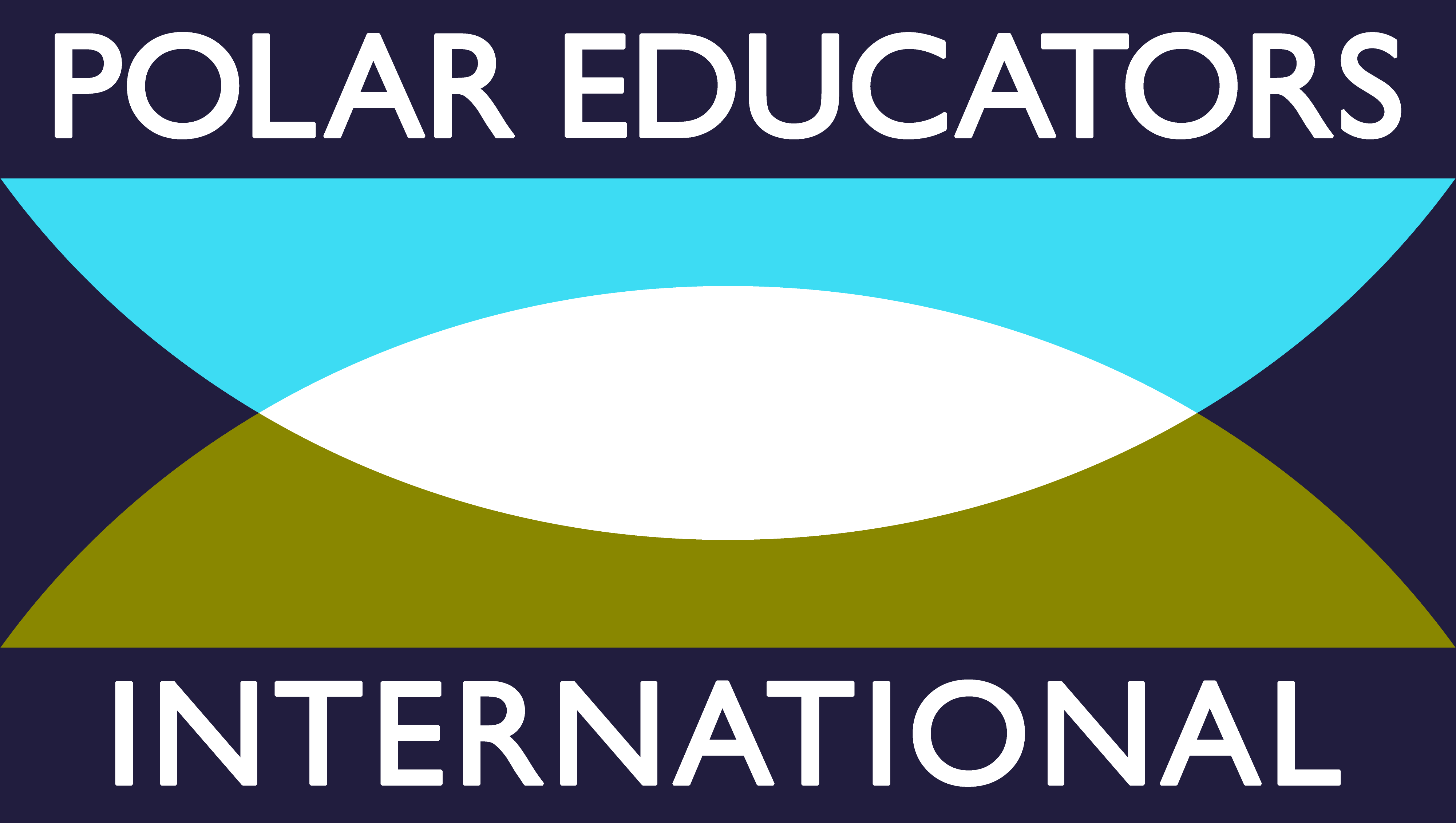 Polar Educators International (PEI) announces the establishment of a formal international professional network for those that educate in, for, and about the polar regions.
Polar Educators International (PEI) announces the establishment of a formal international professional network for those that educate in, for, and about the polar regions. The University of the Arctic (UArctic) is a cooperative network of universities, colleges and other organisations committed to higher education and research in the North. UArctic's overall goal is to create a strong, sustainable circumpolar region by empowering northerners and northern communities through education and shared knowledge.
The University of the Arctic (UArctic) is a cooperative network of universities, colleges and other organisations committed to higher education and research in the North. UArctic's overall goal is to create a strong, sustainable circumpolar region by empowering northerners and northern communities through education and shared knowledge.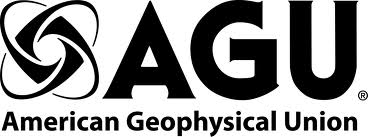 The American Geophysical Union (AGU), which was established in 1919 by the National Research Council and for more than 50 years operated as an unincorporated affiliate of the National Academy of Sciences, is now a nonprofit corporation chartered under the laws of the District of Columbia. The Union is dedicated to the furtherance of the geophysical sciences through the individual efforts of its members and in cooperation with other national and international scientific organizations.
The American Geophysical Union (AGU), which was established in 1919 by the National Research Council and for more than 50 years operated as an unincorporated affiliate of the National Academy of Sciences, is now a nonprofit corporation chartered under the laws of the District of Columbia. The Union is dedicated to the furtherance of the geophysical sciences through the individual efforts of its members and in cooperation with other national and international scientific organizations. The Arctic Monitoring and Assessment Programme is one of five Working Groups of the Arctic Council.
The Arctic Monitoring and Assessment Programme is one of five Working Groups of the Arctic Council.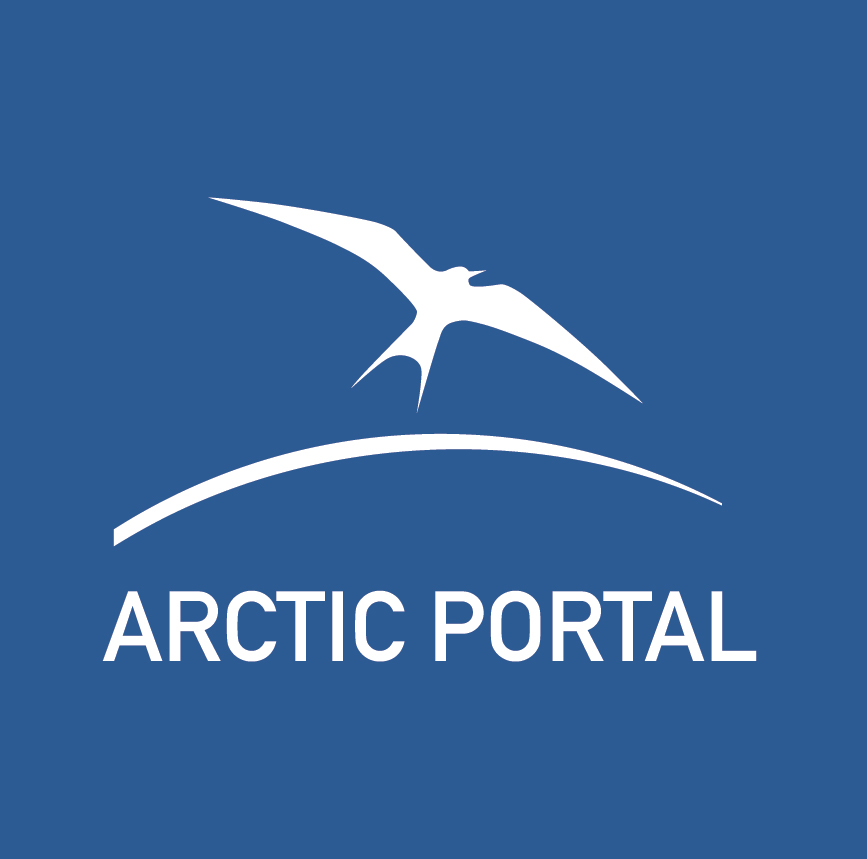 The Arctic Portal is a comprehensive gateway to Arctic information and data on the internet, increasing information sharing and co-operation among Arctic stakeholders and granting exposure to Arctic related information and data.
The Arctic Portal is a comprehensive gateway to Arctic information and data on the internet, increasing information sharing and co-operation among Arctic stakeholders and granting exposure to Arctic related information and data. The Foundation for the Good Governance of International Spaces (Our Spaces) is advancing education, raising awareness and promoting research about the governance of regions, resources and impacts beyond the boundaries of nations. Humankind has established institutions for managing the high seas, Antarctica, outer space and the deep sea, setting these regions apart as "international spaces" (also known as areas beyond national jurisdictions and global commons) and providing a key for our civilization to balance national interests and common interests for the benefit of present and future generations. Our Spaces (www.internationalspaces.org) seeks to engage enthusiastic early career scientists in activities that include Antarctica Day (December 1st - the day the Antarctic Treaty was signed in the interests of all humankind) and other global outreach efforts that involve our international spaces.
The Foundation for the Good Governance of International Spaces (Our Spaces) is advancing education, raising awareness and promoting research about the governance of regions, resources and impacts beyond the boundaries of nations. Humankind has established institutions for managing the high seas, Antarctica, outer space and the deep sea, setting these regions apart as "international spaces" (also known as areas beyond national jurisdictions and global commons) and providing a key for our civilization to balance national interests and common interests for the benefit of present and future generations. Our Spaces (www.internationalspaces.org) seeks to engage enthusiastic early career scientists in activities that include Antarctica Day (December 1st - the day the Antarctic Treaty was signed in the interests of all humankind) and other global outreach efforts that involve our international spaces.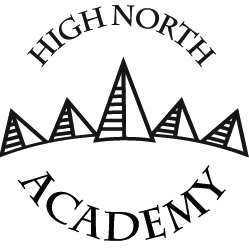 The University of Tromsø (UiT) and collaborating research institutes are educating increasing numbers of researchers, and due to the investments in High North Strategy will continue to do so. This has led to a greater demand for PhD-courses, better support for PhD-students under training, and career counselling for PhD-students. As research is becoming more and more competitive, future researchers need to master a wide range of skills, from good quantitative skills when designing and analysing data to good verbal skills when writing, from good administrative skills when writing research proposals to good social skills when networking towards management and stakeholders. At the same time research communication is becoming an increasingly important aspect of doing research. Both the European Union and the Norwegian Research Council demand a plan for good research communication and outreach, and the efforts in these areas are regarded as an important part of research projects.
The University of Tromsø (UiT) and collaborating research institutes are educating increasing numbers of researchers, and due to the investments in High North Strategy will continue to do so. This has led to a greater demand for PhD-courses, better support for PhD-students under training, and career counselling for PhD-students. As research is becoming more and more competitive, future researchers need to master a wide range of skills, from good quantitative skills when designing and analysing data to good verbal skills when writing, from good administrative skills when writing research proposals to good social skills when networking towards management and stakeholders. At the same time research communication is becoming an increasingly important aspect of doing research. Both the European Union and the Norwegian Research Council demand a plan for good research communication and outreach, and the efforts in these areas are regarded as an important part of research projects. The Permafrost Young Researchers Network (PYRN) is an international organization established under the patronage of the International Permafrost Association (IPA) fostering innovative collaboration, seeking to recruit, retain and promote future generations of permafrost researchers. Initiated during the 4th International Polar Year (IPY), PYRN directs the multi-disciplinary talents of its membership toward global awareness, knowledge and response to permafrost-related challenges in a changing climate. PYRN was officially founded in November 2005 at the International Conference on Arctic Planning (ICARP II) and grew steadily since then to now reach 947 permafrost researchers and educators in the world on behalf of the International Permafrost Association. It built partnerships with large organizations such as Climate and Cryosphere (CliC) and the IPA, and got acknowledged by the International Polar Year (IPY) as an official activity.
The Permafrost Young Researchers Network (PYRN) is an international organization established under the patronage of the International Permafrost Association (IPA) fostering innovative collaboration, seeking to recruit, retain and promote future generations of permafrost researchers. Initiated during the 4th International Polar Year (IPY), PYRN directs the multi-disciplinary talents of its membership toward global awareness, knowledge and response to permafrost-related challenges in a changing climate. PYRN was officially founded in November 2005 at the International Conference on Arctic Planning (ICARP II) and grew steadily since then to now reach 947 permafrost researchers and educators in the world on behalf of the International Permafrost Association. It built partnerships with large organizations such as Climate and Cryosphere (CliC) and the IPA, and got acknowledged by the International Polar Year (IPY) as an official activity.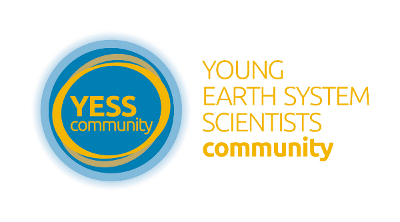 An interdisciplinary community among and for early career researchers from Earth system research institutes and universities across the globe.
An interdisciplinary community among and for early career researchers from Earth system research institutes and universities across the globe.